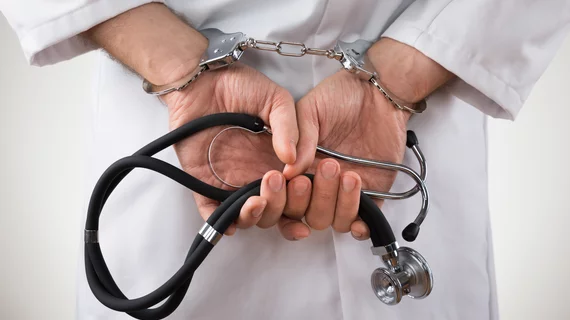Former Theranos CEO Elizabeth Holmes found guilty of fraud
Elizabeth Holmes, a Stanford University dropout who founded blood testing company Theranos, was found guilty on 4 of 11 fraud charges, the Wall Street Journal reported Jan. 3.
Holmes testified in her own defense during the 15-week trial, claiming she never intended to mislead investors. But a federal jury found her guilty of three charges of wire fraud and one count of conspiracy to defraud investors. Holmes, 37, was acquitted on four charges related to defrauding patients and the jury could not reach a verdict on three counts of defrauding individual investors.
The former Theranos CEO faces up to 20 years in prison for each count, but such a sentence is unlikely in this situation, former prosecutors told the newspaper.
“The jurors in this 15-week trial navigated a complex case amid a pandemic and scheduling obstacles,” Stephanie Hinds, U.S. Attorney for the Northern District of California, told the news outlet. “The guilty verdicts in this case reflect Ms. Holmes’ culpability in this large-scale investor fraud, and she must now face sentencing for her crimes.”
Theranos was founded in 2003 and grew to be worth $9 billion. Holmes, who was often compared to Steve Jobs, claimed the company’s medical technology could run thousands of tests from a single finger-prick of blood, detecting a host of illnesses from diabetes to cancer.
Read the full story below.

